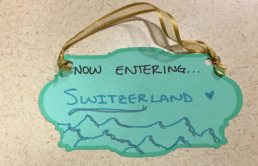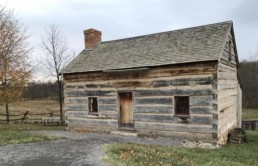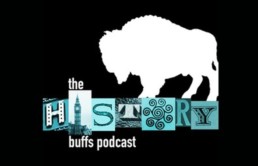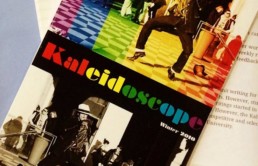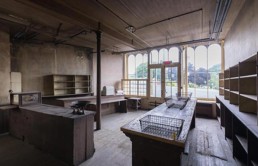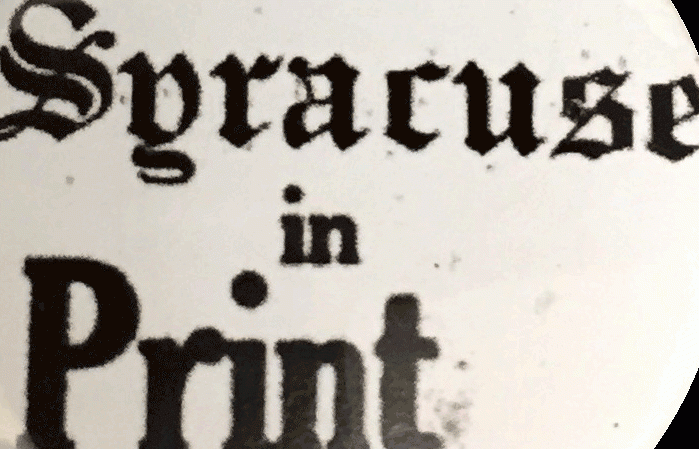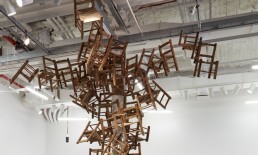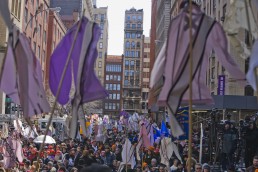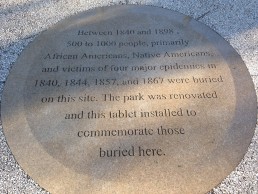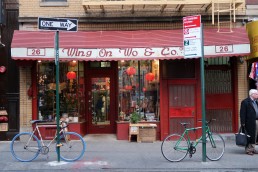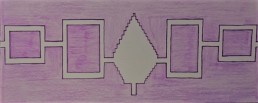Literature in Medicine
A project bringing college students into local hospitals to explore the intersection of art and health.
by Jesse Miller
School Curriculum
When patients and family members of patients participated in our project, they began to share stories and to me, it transformed them from just a patient in a waiting room, into a woman who has traveled Europe and plans to travel more...Patients and their families are not merely numbers or illnesses that need treatment, they are people just like me who have their own dreams and aspirations.
Share
“Literature in Medicine” was an experiment in experiential learning pedagogy. As part of a course on the intersections between literature and medicine, this project asked students to build upon readings and conversations about the intersections of art, health, and power as represented in cultural texts, and to consider the role that the arts might play in transforming and improving the healthcare experience. Working in small groups, and with guidance from teaching artists involved in the University at Buffalo Arts in Healthcare Initiative, students designed, staged, and reflected upon creative interventions in local hospitals in Buffalo, NY. In one such project, students visited Women’s and Children’s Hospital to craft balloon characters with young patients and then tell collaborative stories about them. In another, students visited Roswell Park Cancer Institute and played a word game inventing imaginary headlines with people in the waiting room. What I found to be particularly generative about these interventions was the complex account of health that emerged for students from this experience, one that took into account not only its biological, but also its social, ethical, and aesthetic aspects. As one student reflected, “When patients and family members of patients participated in our project, they began to share stories and to me, it transformed them from just a patient in a waiting room, into a woman who has traveled Europe and plans to travel more. It transformed a man silently waiting for his family member to come out of surgery into someone who has a beach house in Florida with many stories to tell about it and the hope to travel back there after his loved one has recovered from their surgery. Patients and their families are not merely numbers or illnesses that need treatment, they are people just like me who have their own dreams and aspirations. I think some physicians can lose that sense of their patients as people and begin to see them as just an illness to treat. I hope to never do that.”
This project was an outgrowth of historical research I had been conducting about the history of bibliotherapy, the application of reading for the promotion of emotional health and mental well-being. How, I wondered, might this historical research be activated in the present to address some of the problems facing American healthcare today? As the interdisciplinary fields of Medical Humanities and Health Humanities explore the relevance of the arts for education in the health professions, I hope that projects like “Literature in Medicine” can point towards strategies for bringing together students from the humanities and health sciences to analyze the concepts and institutions shaping experiences of illness, and to find innovative ways to improve the lives of patients.
About this Fellow
Jesse Miller is a Postdoctoral Fellow in the UC Santa Barbara Department of English and Faculty in the Bard College Language & Thinking Program. His research focuses on modernism, disability studies, and the history of psychology, and he is currently at work on a book tracing the emergence of projects that sought to establish, define, and promote the therapeutic use of aesthetic experience in response to early twentieth-century debates about the value of literature in modern American life. He has recently published articles on this topic in Mosaic: an interdisciplinary critical journal and Modern Fiction Studies. As a teacher, he has been exploring possibilities for experiential learning as a key component of humanities pedagogy and was a 2018-2019 Faculty Fellow of the University at Buffalo Experiential Learning Network. He is also Managing Reviews Editor at Full Stop, a website for contemporary literary criticism and culture.
Hero image: Roswell Park Cancer Institute
Courtesy of Fortunate4now – Own work, CC BY-SA 4.0, https://commons.wikimedia.org/w/index.php?curid=45874257
Related Content
Upstate Historical
An interactive website that brings the rich history of Upstate New York to life through stories and tours…
The History Buffs
A podcast series—founded by seven historians from Buffalo, NY—that explores diverse topics from a historical perspective…
The Kaleidoscope Project
The Kaleidoscope Project was founded on a simple premise: when kids have access to stories that validate their lives, they feel more empowered to learn.
The Sunday List
A restoration of a bakery run by Jewish immigrants that served the entire community in Kingston, NY for about 80 years.
November 1, 2018Oral History,Remembrance,Local History,PreservationExhibit
Syracuse in Print
Syracuse in Print celebrates our analog now by partnering with local libraries, makerspaces, and other community organizations that value print culture in its eclectic, varied forms.
Bordering the Imaginary: Art from the Dominican Republic, Haiti, and Their Diasporas
An art exhibition and related programming that explored the historical relationship of the Dominican Republic, Haiti, and their diasporas in New York.
Remember the Triangle Fire
A night of multi-media commemorating the Triangle Shirtwaist Factory fire and supporting continuing efforts to improve labor conditions around the world.
Making the Public History Classroom Public
Fieldwork by students at the Olde Towne of Flushing Burial Ground Conservancy which resulted in major projects throughout New York City.
September 10, 2019Local History,Education,PreservationSchool Curriculum
Chinatown Movements: Past, Present, & Futures
A series of public events highlighting historic and contemporary social movements in Manhattan's Chinatown.
September 11, 2019Oral History,Remembrance,Local History,Preservation,DiasporaEvent
Learning the Seneca Indian Language
A website introducing visitors to the Seneca Indian language.
September 16, 2019Language,Preservation,Native AmericanWebsite

